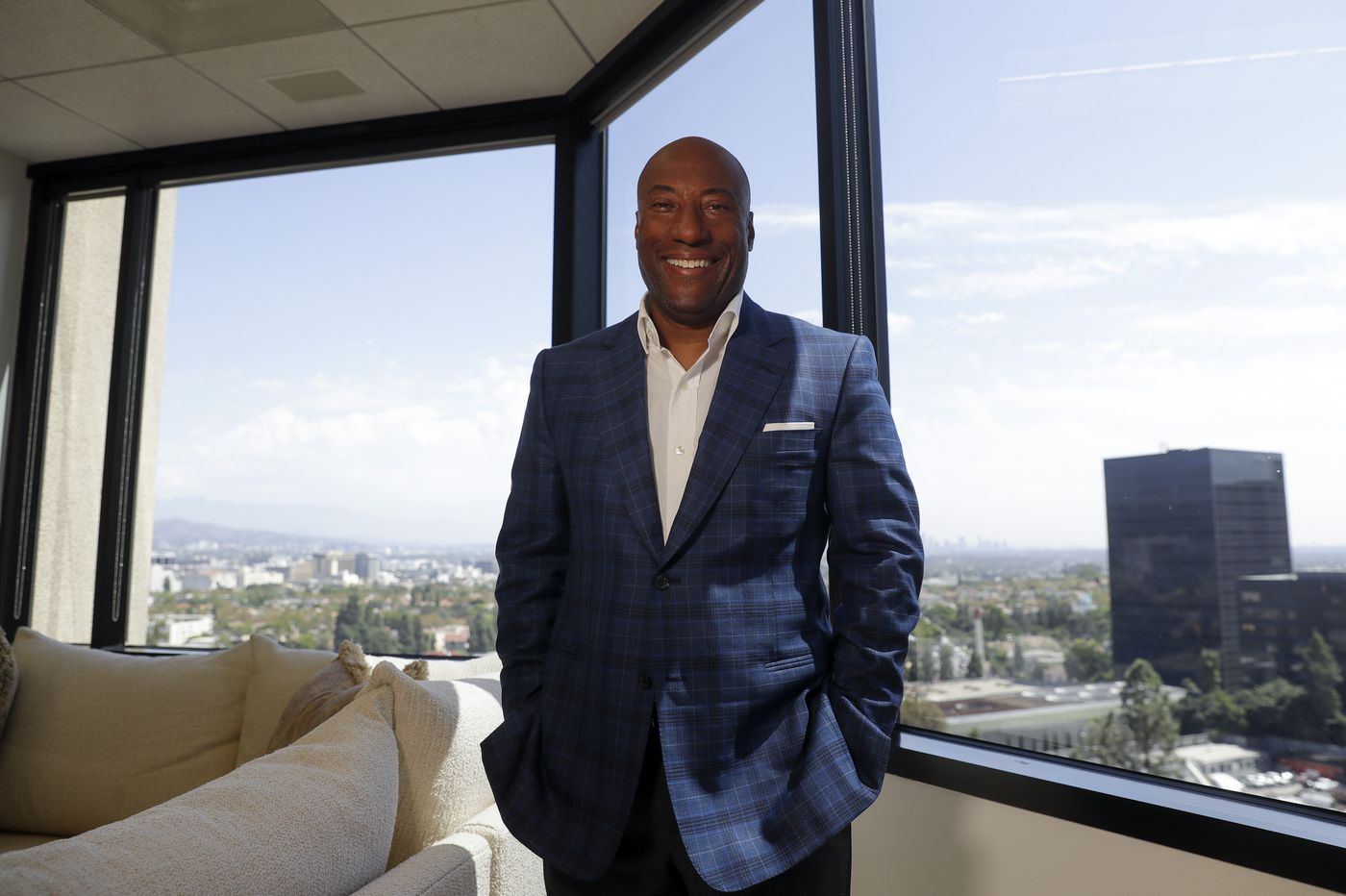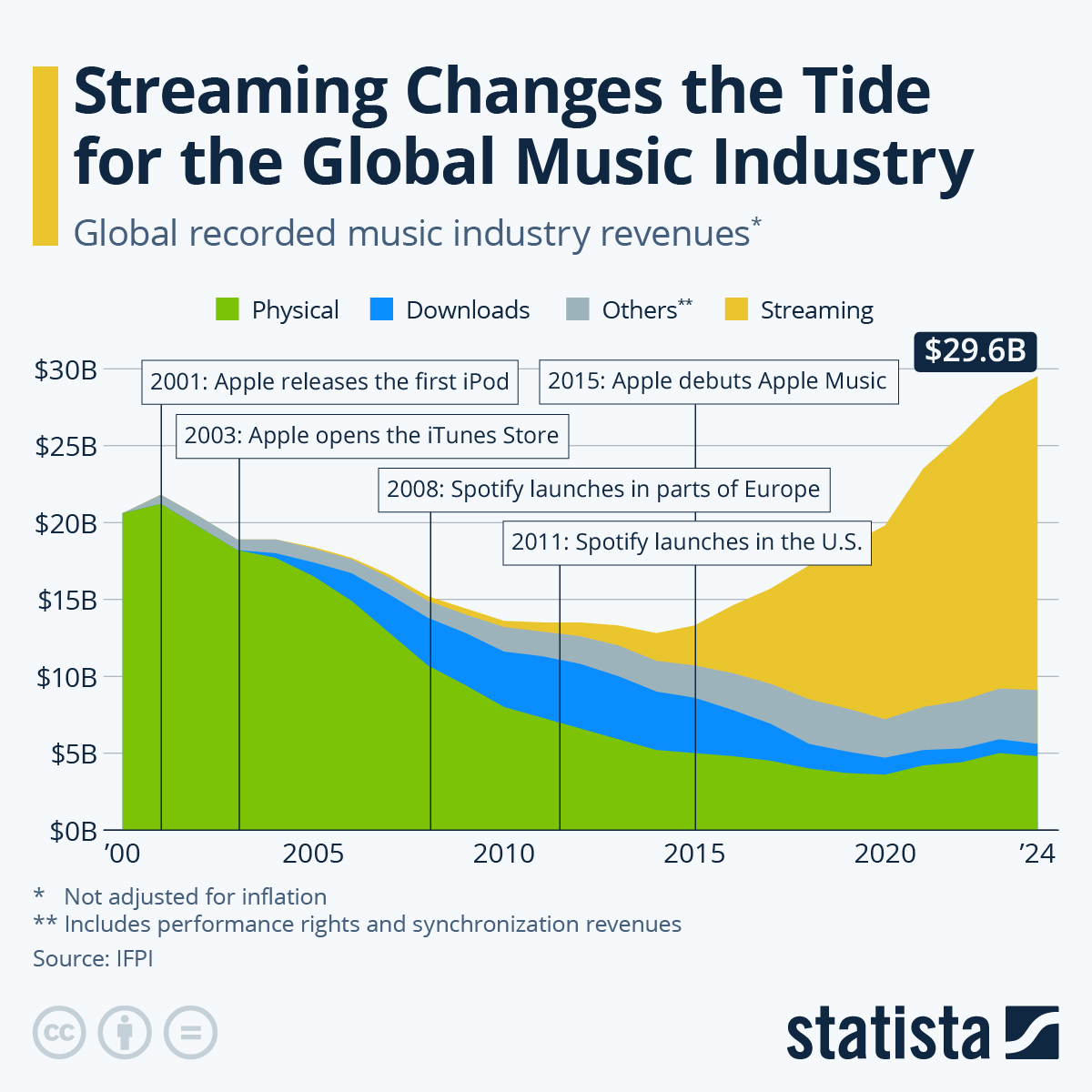Supreme Court sides with Comcast in Byron Allen’s racial discrimination lawsuit
The Supreme Court sides with Comcast in Byron Allen’s racial discrimination case
by Christian Hetrick, Updated: March 23, 2020

CHRIS CARLSON / AP
The U.S. Supreme Court sided with Comcast in a high-stakes civil rights case Monday, ruling that media mogul Byron Allen must show race was the determining reason that the cable company refused to carry his channels in order for his discrimination case to survive.
In a unanimous decision, the Supreme Court ruled that a lower court used the wrong legal standard in allowing Allen’s $20 billion racial discrimination lawsuit to proceed. The Supreme Court sent the case back to the Court of Appeals for the Ninth Circuit in California for reconsideration.
The case was closely watched by legal experts and civil rights groups, which warned that a Comcast victory could make it harder for others to bring racial discrimination cases by setting a high bar. The case drew in business groups and the Trump administration, which filed briefs supporting Comcast, and more than two dozen civil rights groups, including the NAACP, which backed Allen.
Allen, an African American entertainment executive, says the Philadelphia cable giant racially discriminated against him when it refused to carry his cable-TV channels on its systems. Comcast says race had nothing to do with rejecting Allen’s channels, noting that they had low ratings.
The high court did not weigh the merits of Allen’s allegations. At issue was whether a person filing a racial-discrimination lawsuit must allege that race was the determining reason that a contract decision was made, or if a person can merely allege that race was one “motivating factor” for a case to proceed.
“To prevail, a plaintiff must initially plead and ultimately prove that, but for race, it would not have suffered the loss of a legally protected right,” Justice Neil Gorsuch wrote on behalf of the court, in an opinion released Monday morning.
“We are pleased the Supreme Court unanimously restored certainty on the standard to bring and prove civil rights claims," Comcast said in a statement. “The well-established framework that has protected civil rights for decades continues. The nation’s civil rights laws have not changed with this ruling; they remain the same as before the case was filed.”
Allen said he would continue his fight by asking Congress and presidential candidates to revise the statute in question to overcome the Supreme Court’s ruling.
“Unfortunately, the Supreme Court has rendered a ruling that is harmful to the civil rights of millions of Americans,” Allen said in a statement. “This is a very bad day for our country.”
He filed his $20 billion suit under Section 1981 of the Civil Rights Act of 1866, a Reconstruction-era law that prohibits discrimination against African Americans in business contracts. Specifically, the law ensures that everyone in the United States has the “same right” to make and enforce contracts.
Comcast petitioned the Supreme Court to hear the case after the Ninth Circuit ruled that Allen’s suit had sufficient claims to proceed to discovery and depositions. The cable giant said the Ninth Circuit’s decision loosened standards on discrimination cases.
Civil rights groups blasted the Supreme Court’s decision.
Derrick Johnson, NAACP president and CEO, called the ruling a “huge step backward in our march toward achieving equal opportunity for all."
“This ruling weakens our nation’s oldest civil rights statute and may shut the courthouse door on some discrimination victims who, at the complaint stage, may simply be without the full range of evidence needed to meet the court’s heightened standard," said Kristen Clarke, president and executive director of the Lawyers’ Committee for Civil Rights Under Law, based in Washington.
Allen is a successful comedian who worked with Jay Leno and David Letterman and now controls the largest African American-owned entertainment company in Hollywood. In February 2015, when he sued Comcast in federal court for not carrying his channels, the Philadelphia cable giant was seeking to acquire Time Warner Cable, which would later be acquired by Charter Communications.
A federal judge initially dismissed the suit, brought by Allen’s Entertainment Studios Networks and the National Association of African American-Owned Media, concluding there could be legitimate business reasons for Comcast to act as it did. Allen then appealed.
Among other things, Allen alleges that a Comcast executive told someone at Entertainment Studios Networks that “we’re not trying to create any more Bob Johnsons.” Johnson is an African American TV executive who created Black Entertainment Television, or BET, and sold it to Viacom for $3 billion almost two decades ago. Court documents do not say who at Comcast allegedly made that comment or when.
TLDR: Byron Allens lawsuit that used the Civil Rights Act of 1866 to force Comcast to pick up his channels, citing racial discrimination was struck down by the Supreme Court after being validated in the Ninth Circuit Court of Appeals in CA, it has now been sent back to them for reconsideration, because racial bias needs to be proven as the sole reason. But for racism, this would have happened, is the logic.
Thoughts? Anyone feel as though this was a valid point? Or is this a further erosion of black peoples ability to punish racial discrimination in the court of law? Does this mean that we will no longer be able to use white peoples court system to conduct economic warfare against them?
The Supreme Court sides with Comcast in Byron Allen’s racial discrimination case
by Christian Hetrick, Updated: March 23, 2020

CHRIS CARLSON / AP
The U.S. Supreme Court sided with Comcast in a high-stakes civil rights case Monday, ruling that media mogul Byron Allen must show race was the determining reason that the cable company refused to carry his channels in order for his discrimination case to survive.
In a unanimous decision, the Supreme Court ruled that a lower court used the wrong legal standard in allowing Allen’s $20 billion racial discrimination lawsuit to proceed. The Supreme Court sent the case back to the Court of Appeals for the Ninth Circuit in California for reconsideration.
The case was closely watched by legal experts and civil rights groups, which warned that a Comcast victory could make it harder for others to bring racial discrimination cases by setting a high bar. The case drew in business groups and the Trump administration, which filed briefs supporting Comcast, and more than two dozen civil rights groups, including the NAACP, which backed Allen.
Allen, an African American entertainment executive, says the Philadelphia cable giant racially discriminated against him when it refused to carry his cable-TV channels on its systems. Comcast says race had nothing to do with rejecting Allen’s channels, noting that they had low ratings.
The high court did not weigh the merits of Allen’s allegations. At issue was whether a person filing a racial-discrimination lawsuit must allege that race was the determining reason that a contract decision was made, or if a person can merely allege that race was one “motivating factor” for a case to proceed.
“To prevail, a plaintiff must initially plead and ultimately prove that, but for race, it would not have suffered the loss of a legally protected right,” Justice Neil Gorsuch wrote on behalf of the court, in an opinion released Monday morning.
“We are pleased the Supreme Court unanimously restored certainty on the standard to bring and prove civil rights claims," Comcast said in a statement. “The well-established framework that has protected civil rights for decades continues. The nation’s civil rights laws have not changed with this ruling; they remain the same as before the case was filed.”
Allen said he would continue his fight by asking Congress and presidential candidates to revise the statute in question to overcome the Supreme Court’s ruling.
“Unfortunately, the Supreme Court has rendered a ruling that is harmful to the civil rights of millions of Americans,” Allen said in a statement. “This is a very bad day for our country.”
He filed his $20 billion suit under Section 1981 of the Civil Rights Act of 1866, a Reconstruction-era law that prohibits discrimination against African Americans in business contracts. Specifically, the law ensures that everyone in the United States has the “same right” to make and enforce contracts.
Comcast petitioned the Supreme Court to hear the case after the Ninth Circuit ruled that Allen’s suit had sufficient claims to proceed to discovery and depositions. The cable giant said the Ninth Circuit’s decision loosened standards on discrimination cases.
Civil rights groups blasted the Supreme Court’s decision.
Derrick Johnson, NAACP president and CEO, called the ruling a “huge step backward in our march toward achieving equal opportunity for all."
“This ruling weakens our nation’s oldest civil rights statute and may shut the courthouse door on some discrimination victims who, at the complaint stage, may simply be without the full range of evidence needed to meet the court’s heightened standard," said Kristen Clarke, president and executive director of the Lawyers’ Committee for Civil Rights Under Law, based in Washington.
Allen is a successful comedian who worked with Jay Leno and David Letterman and now controls the largest African American-owned entertainment company in Hollywood. In February 2015, when he sued Comcast in federal court for not carrying his channels, the Philadelphia cable giant was seeking to acquire Time Warner Cable, which would later be acquired by Charter Communications.
A federal judge initially dismissed the suit, brought by Allen’s Entertainment Studios Networks and the National Association of African American-Owned Media, concluding there could be legitimate business reasons for Comcast to act as it did. Allen then appealed.
Among other things, Allen alleges that a Comcast executive told someone at Entertainment Studios Networks that “we’re not trying to create any more Bob Johnsons.” Johnson is an African American TV executive who created Black Entertainment Television, or BET, and sold it to Viacom for $3 billion almost two decades ago. Court documents do not say who at Comcast allegedly made that comment or when.
TLDR: Byron Allens lawsuit that used the Civil Rights Act of 1866 to force Comcast to pick up his channels, citing racial discrimination was struck down by the Supreme Court after being validated in the Ninth Circuit Court of Appeals in CA, it has now been sent back to them for reconsideration, because racial bias needs to be proven as the sole reason. But for racism, this would have happened, is the logic.
Thoughts? Anyone feel as though this was a valid point? Or is this a further erosion of black peoples ability to punish racial discrimination in the court of law? Does this mean that we will no longer be able to use white peoples court system to conduct economic warfare against them?






 ...rooted in a valued cultural product that you create & control
...rooted in a valued cultural product that you create & control
 ...but rooting for him to make that power move
...but rooting for him to make that power move